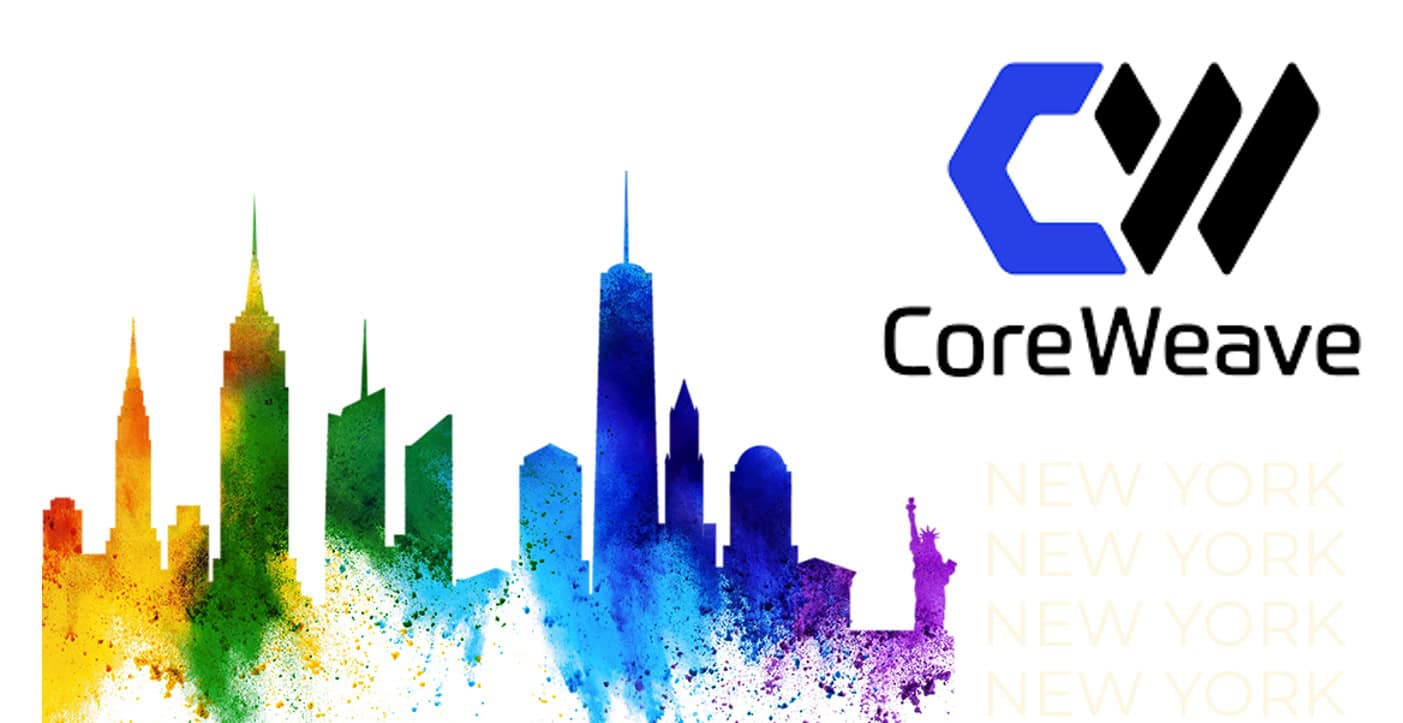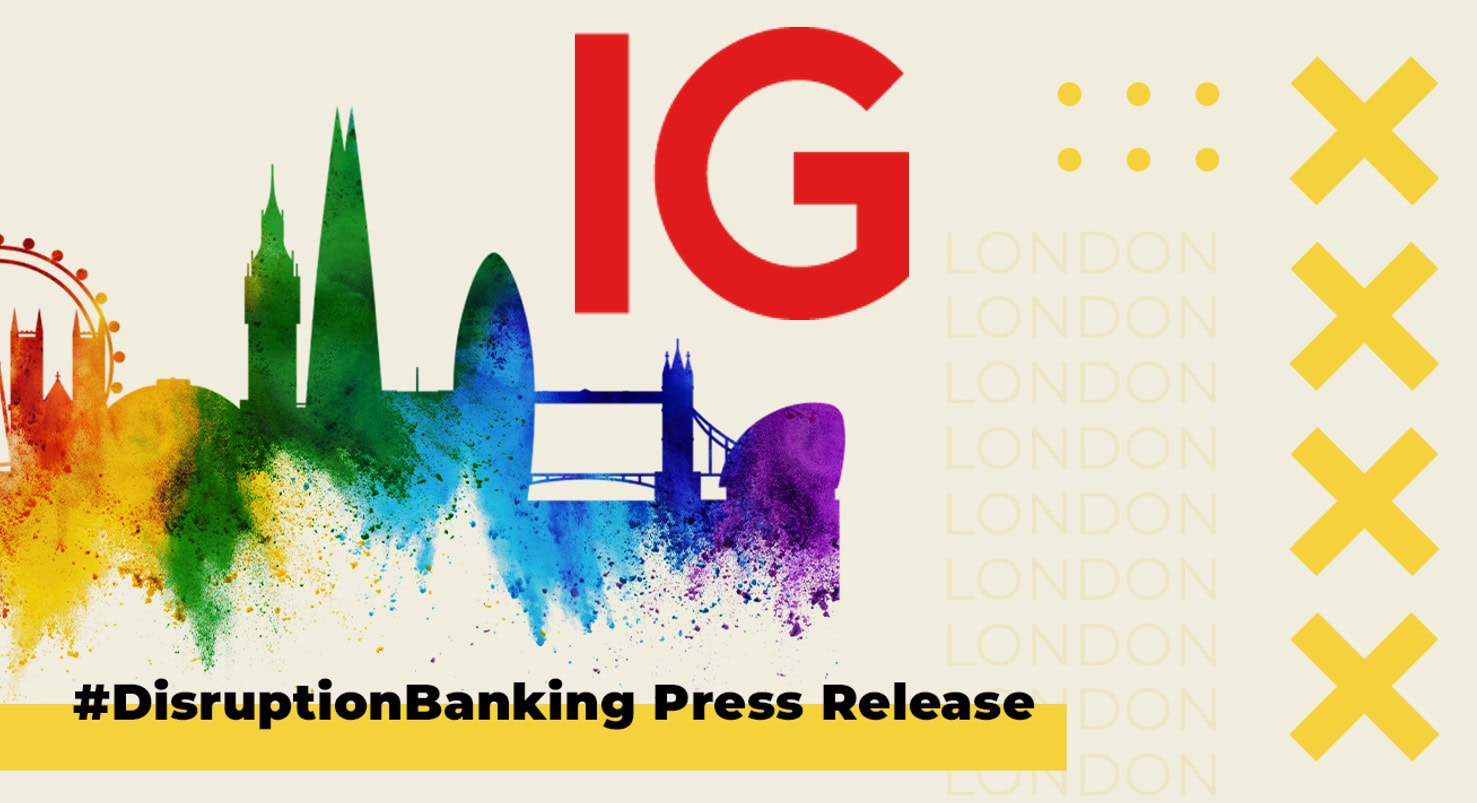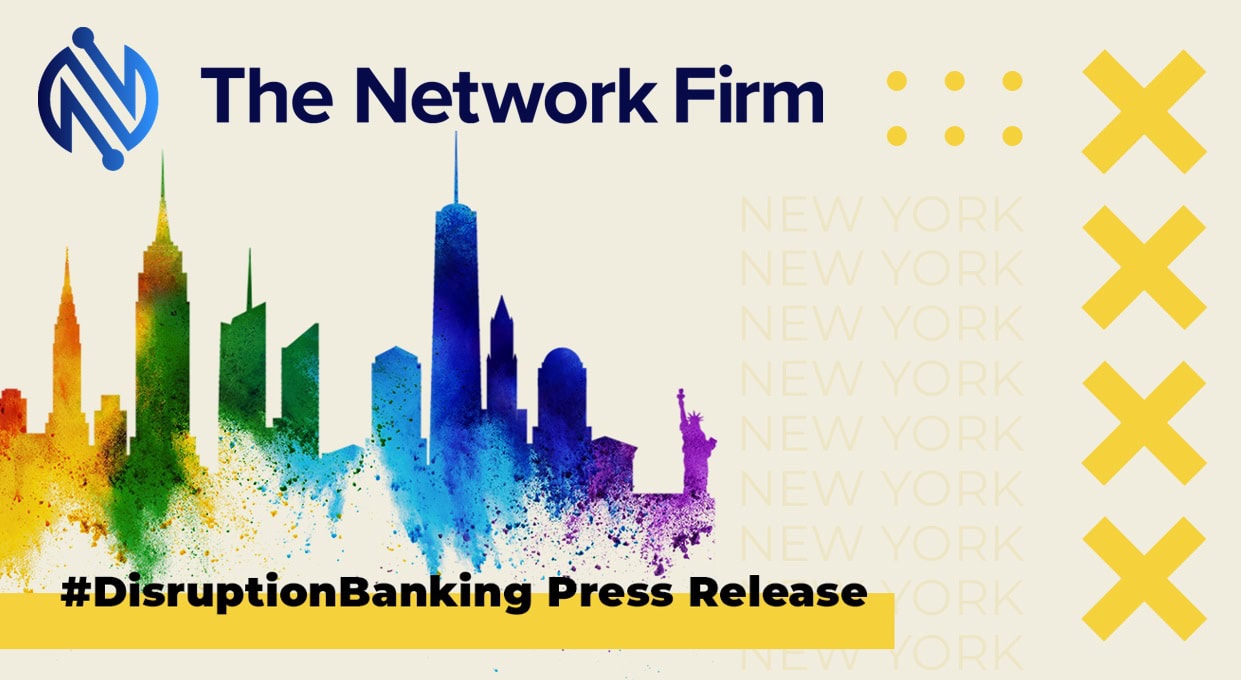Kevin Meyersburg, a former Managing Director at global investment bank Morgan Stanley, is suing his former employees for “unlawful discrimination.” In a lawsuit filed in Manhattan, Meyersburg alleges that he was replaced by “a Black female with significantly less experience and qualifications for the position” and therefore “Morgan Stanley unlawfully terminated [his] employment because of his sex, race, and/or colour.”
Meyersburg served as Morgan Stanley’s Managing Director and Head of Executive for almost three years, during which time his team grew from fifty to 330 and nearly tripled in budget size. He also led initiatives including the “Executive Services Partner Referral Programmes,” which resulted in over 3,000 new wealth management accounts and $5 billion in wealth management assets under management for the firm.
In April this year, Morgan Stanley began announcing layoffs owing to the firm’s poor financial performance – profits are down 13% this year compared to 2022. The bank did not target the Executive Services team given it had continued to generate strong profits at a time when other divisions, such as investment banking, were struggling. However, Meyersburg was fired in May 2023 because, he alleges, Morgan Stanley was trying “to comply with its Diversity and Inclusion objectives.”
Morgan Stanley’s profits drop as wealth business fails to make up for deals drought https://t.co/iMhZS8SijV
— Financial Times (@FT) July 18, 2023
Louis Pechman, Principal Attorney at Pechman Law Group PLLC in New York and Meyersburg’s legal representative, told Disruption Banking that “in this case, it’s easy to connect the dots.”
“Kevin’s performance was exceptional, and he was replaced by an executive whose business unit failed and was far less qualified to replace him. The contrast is so stark that we suspect that there is not a single person at Morgan Stanley who would suggest that this was anything but a diversity driven decision,” he added.
“Kevin was an enthusiastic supporter of diversity and inclusion at Morgan Stanley, but there is a stark difference between promoting diversity and engaging in race discrimination,” Pechman said. “Diversity is about building relationships between people regardless of their race, gender, age, or sexual orientation to create inclusive workplaces, which Kevin was well known for among his entire team and as evidenced by yearly employee engagement surveys.”
In June, the US Supreme Court ruled that “affirmative action” – the practice of favouring individuals belonging to groups regarded as “disadvantaged” – was unconstitutional in the context of university admissions. The ruling is widely seen as having ramifications beyond the education sector, though, and could open up banks and other corporations to similar lawsuits depending on how diversity policies are applied.
NEW: The law firm Morrison & Foerster has quietly opened its diversity fellowship to white applicants in the wake of a discrimination lawsuit by Edward Blum, the activist behind the Supreme Court case that outlawed affirmative action.🧵 https://t.co/tVAkP0BaOy
— Aaron Sibarium (@aaronsibarium) September 6, 2023
“In developing and implementing DEI policies, companies need to be careful not to let their specific recruitment and retention goals lay the foundation for reverse discrimination claims,” Pechman noted.
Author: Harry Clynch















